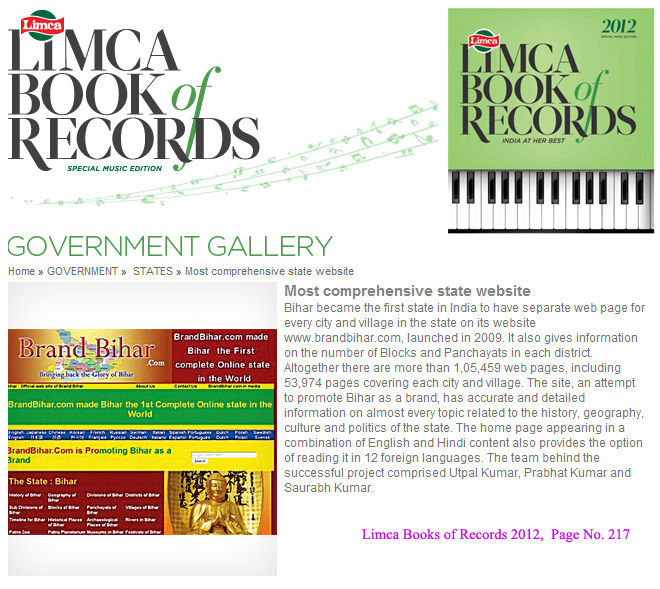

Bijnor is related to Mahabharat.There is a Vidur kuti in Bijnor. In the time of Mughal emperor Akbar, Bijnor formed part of the Mughal Empire. However, in the early part of the 18th century, the Rohilla Pashtuns established their independence in the country called by them Rohilkhand; and about 1748 the Rohilla chief Ali Mohammed Khan made his first annexations in Bijnor, the rest of which soon fell under the Rohilla domination. The northern districts were granted by Ali Mohammed Khan to Najib Khan, who gradually extended his influence west of the Ganges and at Delhi, receiving the title of Najib-ud-daula and becoming paymaster of the royal forces. His success, however, raised up powerful enemies against him, and at their instigation the Marathas invaded Bijnor. This was the beginning of a feud which continued for years. Najib, indeed, held his own, and for the part played by him in the victory of Panipat was made vizier of the empire. After his death in 1770, however, his son Zabita Khan was defeated by the Marathas, who overran all Rohilkhand.
In Najibabad, there was a fort of great Sultana Daku or "The Sultan Bandit". The fort is still situated in Najibabad and it has been said that the vehicles can easily be run on the width of the fort.
In 1772 the Nawab of Oudh made a treaty with the Rohillas, covenanting to expel the Marathas in return for a money payment. He carried out his part of the bargain; but the Rohilla chieftains refused to pay. In 1774 the Nawab concluded with the East India Company government of Calcutta a treaty of alliance, and he now called upon the British, in accordance with its terms, to supply a brigade to assist him in enforcing his claims against the Rohillas. This was done; in the Rohilla War, the Rohillas were driven beyond the Ganges, and Bijnor was incorporated in the territories of the nawab, who in 1774 ceded it to the British East India Company. From this time the history of Bijnor is uneventful until the Mutiny of 1857, when (on 1 June) it was occupied by the nawab of Najibabad, a grandson of Zabita Khan. In spite of fighting between the Hindus and the Muslim Pashtuns, the Nawab succeeded in maintaining his position until the 21 April 1858, when he was defeated by the British at Nagina.

Bihar became the first state in India to have separate web page for every city and village in the state on its website www.brandbihar.com (Now www.brandbharat.com)
See the record in Limca Book of Records 2012 on Page No. 217